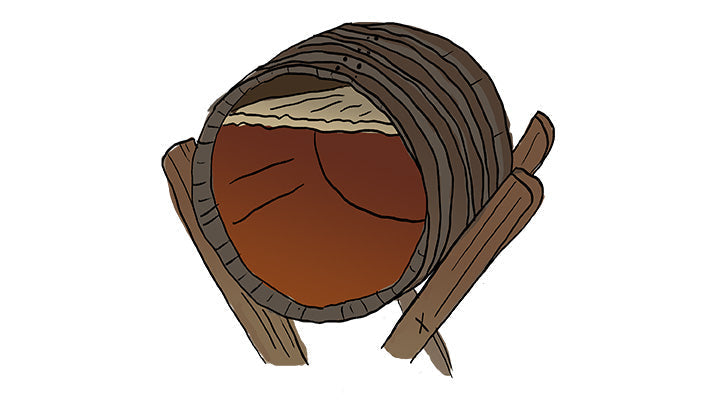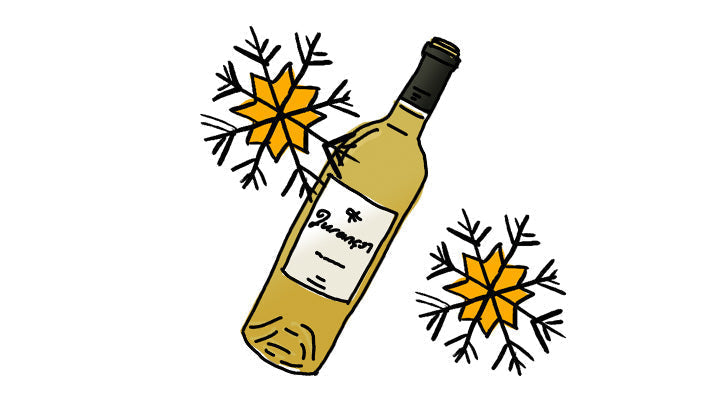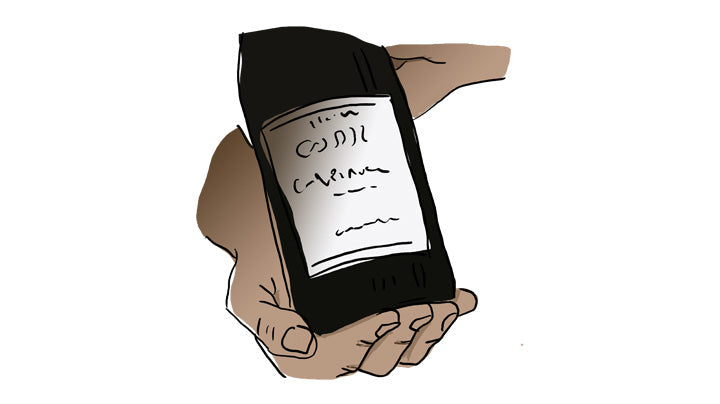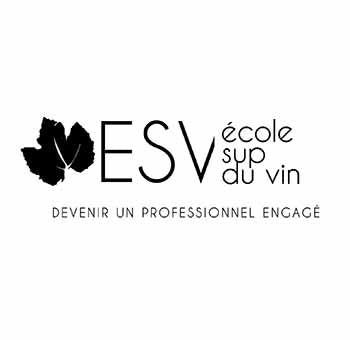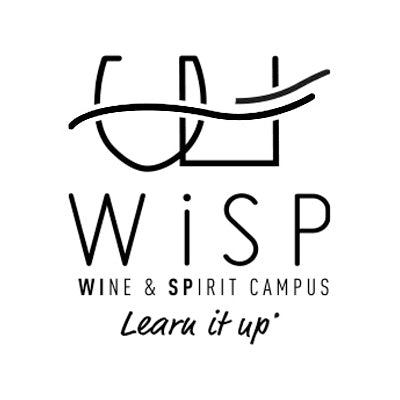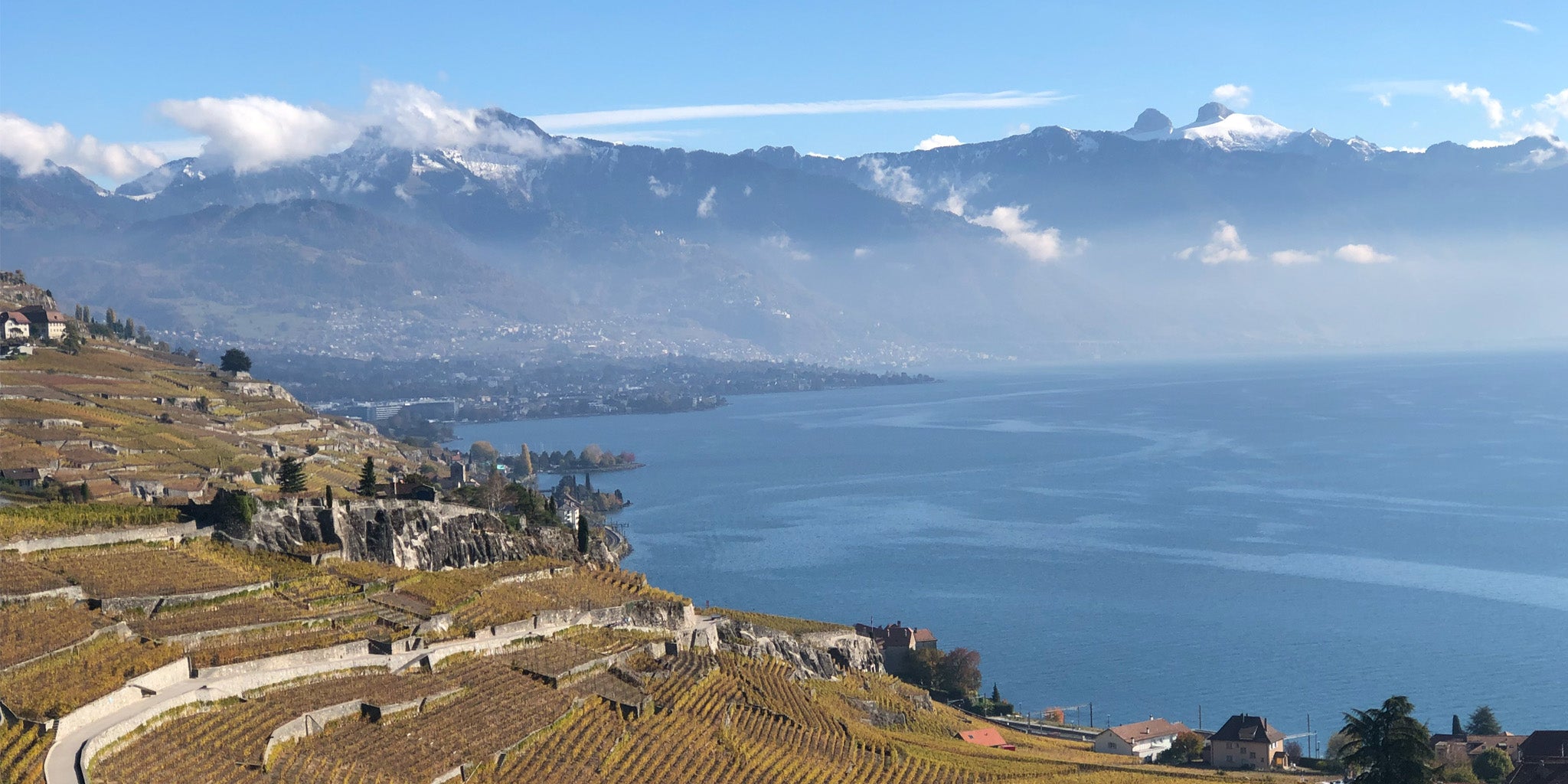Do you want to know the secret of all experts of blind tasting? Here it is: practise. 😇 But now, where to start? Here are few tips I learned.
Know your theory. It might be obvious, but knowing the basics on grape varieties characteristics, winemaking, styles of each wine region is very important for a wine taster. It will help you understand why you smell what you smell, how to localise every components of a wine's structure, and so on. This is a long-term process, and it takes time, but it will pay off. Read books, articles, listen to podcasts, speak to winemakers and wine experts... You can find here books I created to practise wine regions characteristics.
Set up the right tasting environment. Tasting can be fun, but you have to focus if you want to really analyse a wine and remember it. Try to keep it in a small group, in a calm room, and give everyone time to think before sharing point of view.
Spit wine out. Getting drunk will make it harder to focus. So this is very important to spit wines out. Contrary to what we might think, spitting out won't change the perception of the wines at all.
Be curious. Smell everything in your environment, and try to remember the smells. Remembering smells is a memory effort, just as learning by heart numbers.
Be methodic. It's great to do sessions with only one parameter varying to see its effect on wines. Bottles of the same grape variety and vintage but from different wine regions. Bottles from the same wine region and vintage but from different producers. Bottles from the same producer but from different vintages etc. Of course, this is a budget...
Practise with unrelated wines. Select difficult wines to compare between each other: that do not have common parameters, like grape varieties, wine regions, vintage, producer... It's a good exercise, because you will have to analyse each wine separately and try to remember only from memory.
Enjoy the learning process!

